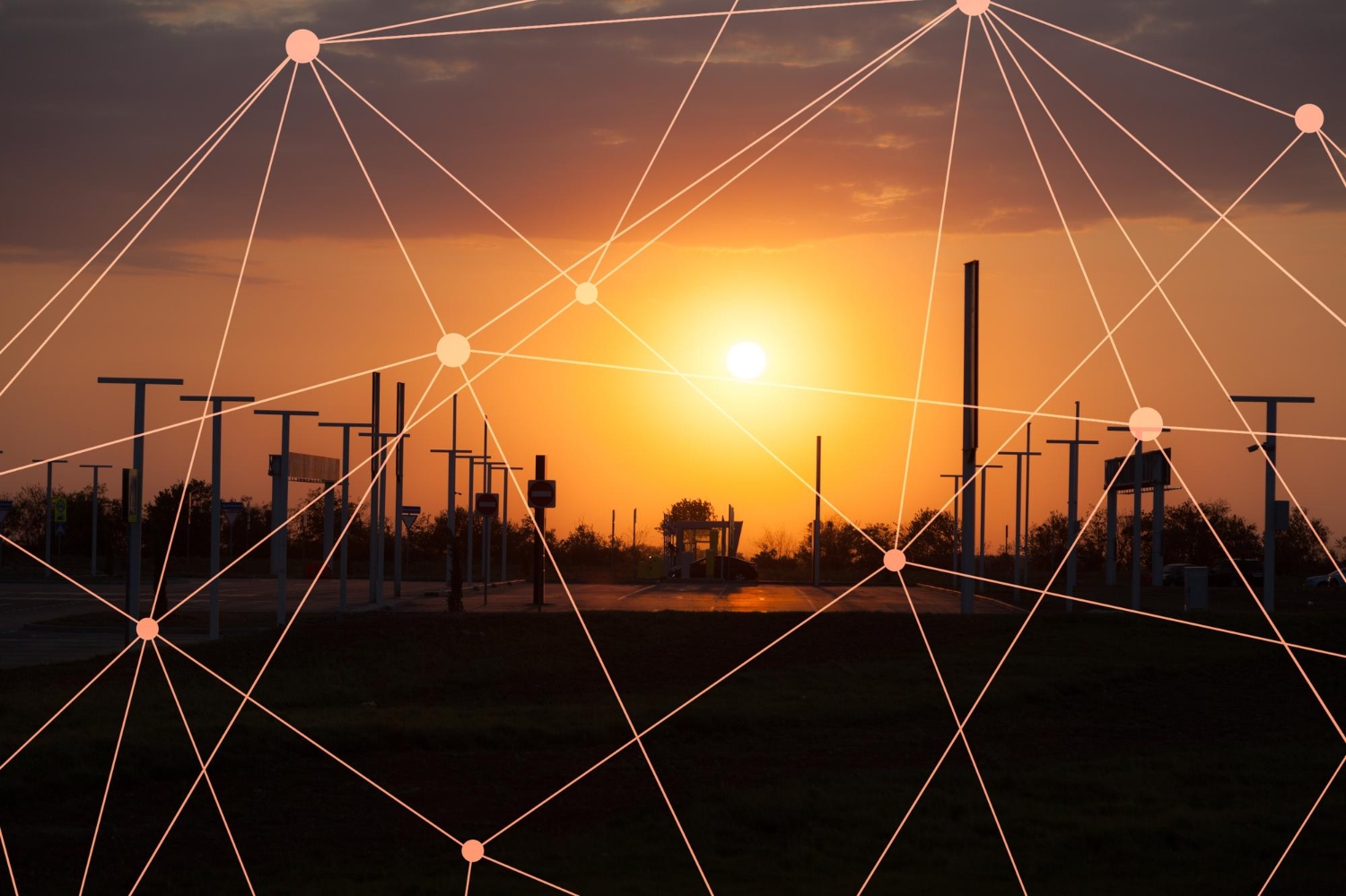Building a Resilient Cybersecurity Culture in Power Companies

In an age dominated by digital connectivity, the power sector stands at the crossroads of technological innovation and increasing cyber threats. Building a resilient cybersecurity culture within power companies is no longer a choice but a necessity to safeguard critical infrastructure and ensure an uninterrupted energy supply. Companies like Grid Sentry are taking the lead in this sector, pioneering innovative solutions to fortify defences and navigate the evolving landscape of cybersecurity challenges.
1. Employee Training and Awareness:
Establishing a robust cybersecurity culture begins with educating employees. Regular training programs should enlighten staff about the latest cyber threats, social engineering tactics, and the importance of adhering to security protocols. This knowledge empowers them to recognize and respond effectively to potential risks.
2. Leadership Commitment:
Leadership plays a pivotal role in shaping organizational culture. Executives and managers must prioritize cybersecurity, setting the tone for the entire company. By allocating resources, fostering a security-conscious mindset, and leading by example, leadership instills a sense of responsibility and accountability across all levels.
3. Continuous Communication:
Maintaining open lines of communication about cybersecurity is essential. Companies should encourage employees to report suspicious activities promptly and provide channels for confidential reporting. Transparent communication builds trust and ensures that potential threats are addressed promptly.
4. Regular Security Audits and Assessments:
Periodic security audits and assessments help identify vulnerabilities and areas for improvement. By conducting these assessments regularly, power companies can proactively address weaknesses in their cybersecurity posture, ensuring a resilient defense against evolving cyber threats.
5. Collaborative Approach:
Cybersecurity is a collective effort. Encourage collaboration among different departments and teams to share insights, experiences, and best practices. A collaborative approach fosters a sense of unity and ensures that the entire organization is aligned in its commitment to cybersecurity.
6. Incident Response Planning:
Developing a robust incident response plan is crucial for minimizing the impact of potential cyberattacks. Power companies should outline clear procedures for responding to security incidents, including communication protocols, data recovery plans, and strategies for minimizing downtime.
7. Regular Updates and Patch Management:
Maintaining up-to-date software and promptly applying patches is fundamental to cybersecurity. Establishing a culture of regular updates and patch management ensures that the organization is protected against known vulnerabilities, reducing the risk of exploitation by cyber adversaries.
8. Embracing a Zero Trust Security Model:
Adopting a zero-trust security model involves treating every user and device as potentially untrusted, even if they are within the corporate network. This approach minimizes the risk of lateral movement in case of a breach and adds an extra layer of defense against insider threats.
In conclusion, building a resilient cybersecurity culture in power companies is an ongoing process that requires commitment, collaboration, and adaptability. By prioritizing employee education, fostering leadership commitment, and adopting proactive security measures, power companies can fortify their defenses and navigate the complex landscape of cyber threats with confidence. A resilient cybersecurity culture not only protects critical infrastructure but also ensures the reliable delivery of energy to communities nationwide.
- Industry
- Art
- Causes
- Crafts
- Dance
- Drinks
- Film
- Fitness
- Food
- Games
- Gardening
- Health
- Home
- Literature
- Music
- Networking
- Other
- Party
- Religion
- Shopping
- Sports
- Theater
- Wellness
- News


